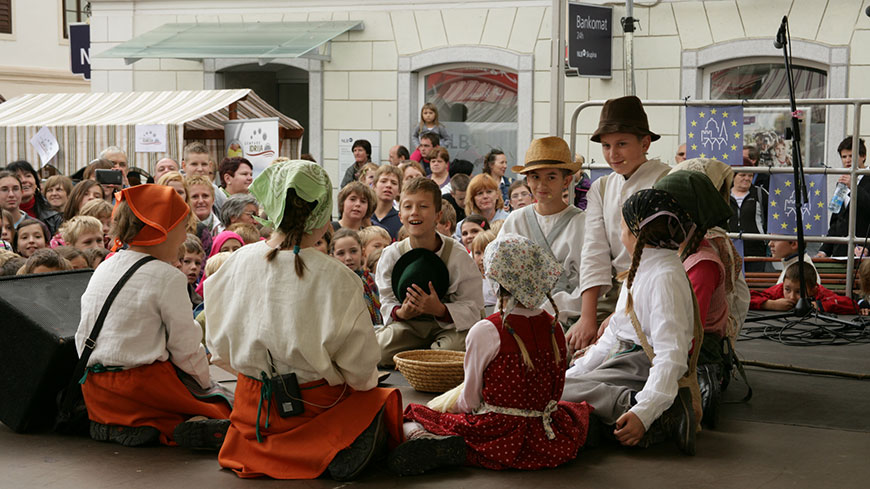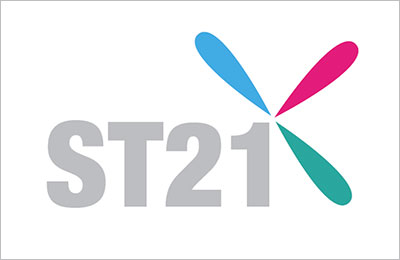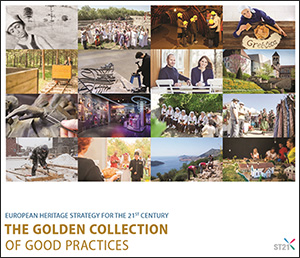Location of the initiative:

Relation to Strategy 21 Recommendations:
K1 - Incorporate heritage education more effectively in school curricula
Time span of the initiative:
2013
Brief description of the initiative:
This is a long-term initiative – a national interdisciplinary project. The project works hand in hand with European Heritage Days (EHD) in Slovenia, with the peak of activities in autumn – the last week of September or the first week of October every year.
There are two basic areas of activity:
1. Through the CHW's activities, we encourage teachers to include heritage content in the learning process. In this context, we train teachers on teaching methods, share best practices, provide opportunities for networking, etc. We organize regional conferences every year. These conferences, which represent a non-formal expression of adult education, were attended by more than 500 participants from a wide range of organisations, from museums and non-governmental organizations to schools, and therefore represent an excellent opportunity for networking at the local level. More than 50 speakers took part.
2. In the context of EHD's heritage and cultural institutions and NGOs prepare programmes
Objectives of the initiative:
The main objective is to increase heritage awareness through the improved integration of cultural heritage content into the educational process. The key guidelines of this project are: accessibility (all the events are free of charge, and some events are for various target groups such as disabled people, etc.), the interdisciplinary positioning of heritage content, the use of open space learning methods, networking among organizations from different sectors, volunteering, intergenerational integration, the use of the principles of formal and informal education, etc. The aim of the CHW is to sustainably and properly integrate heritage content into educational processes, and to raise awareness of heritage in the wider social space, especially among children and young people.
Brief assessment of the initiative’s results:
The outcomes have been very encouraging for our future activities.
Online resources:
Contact:





